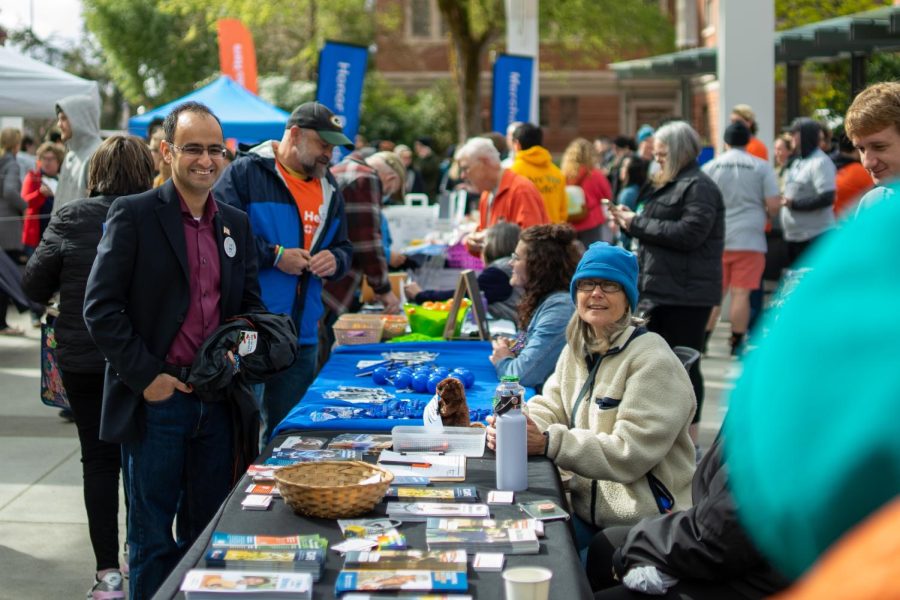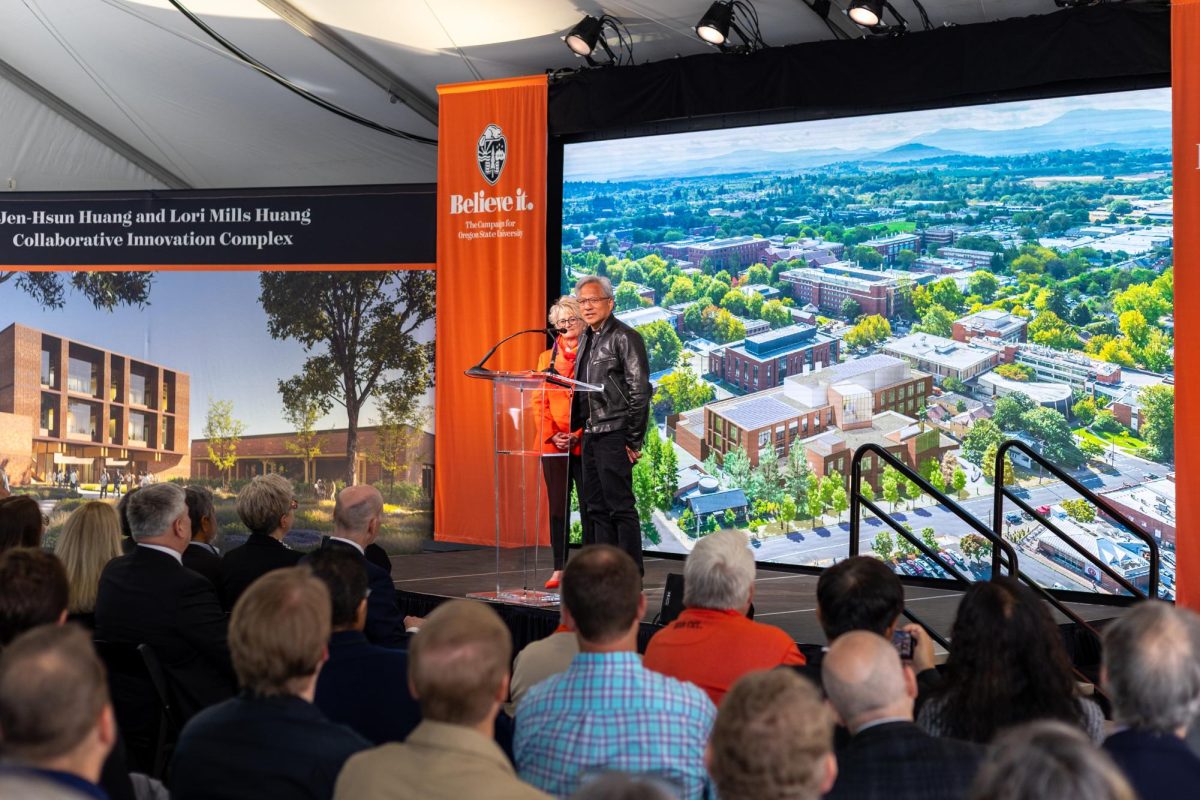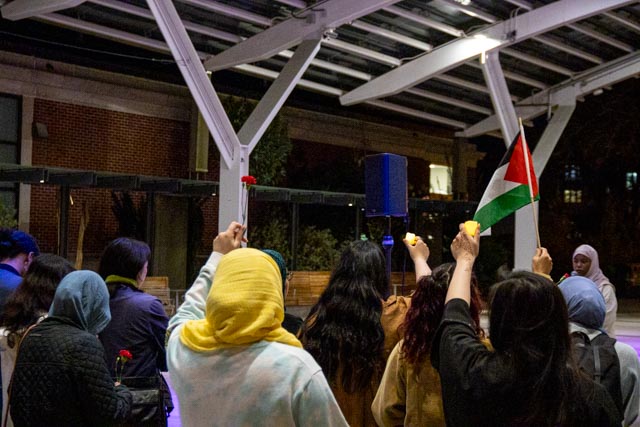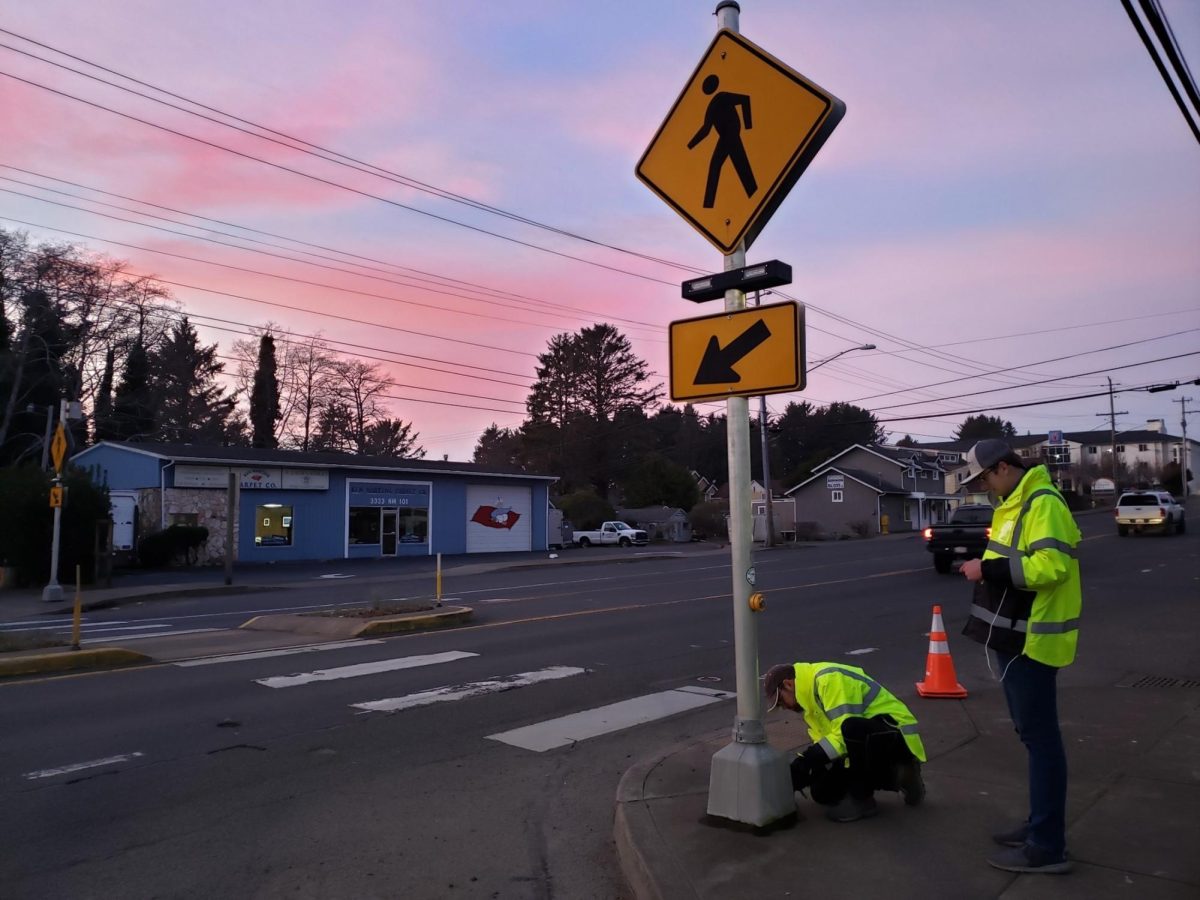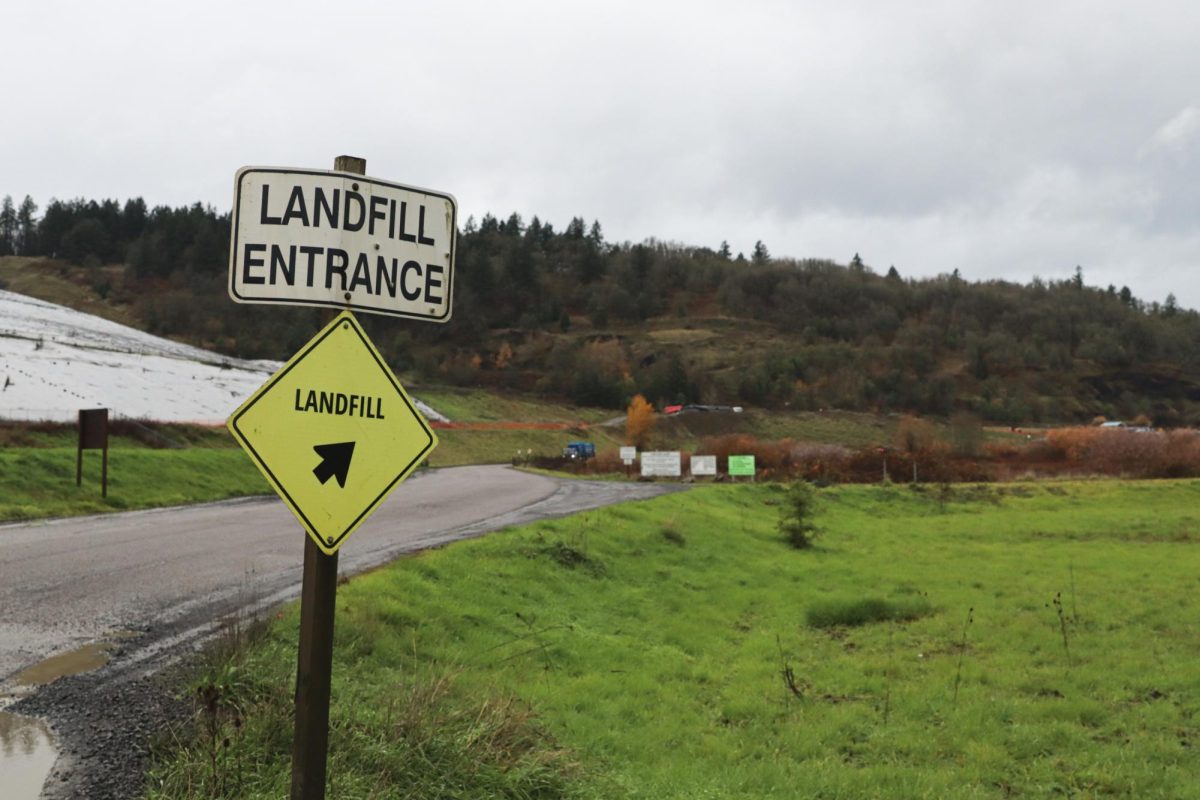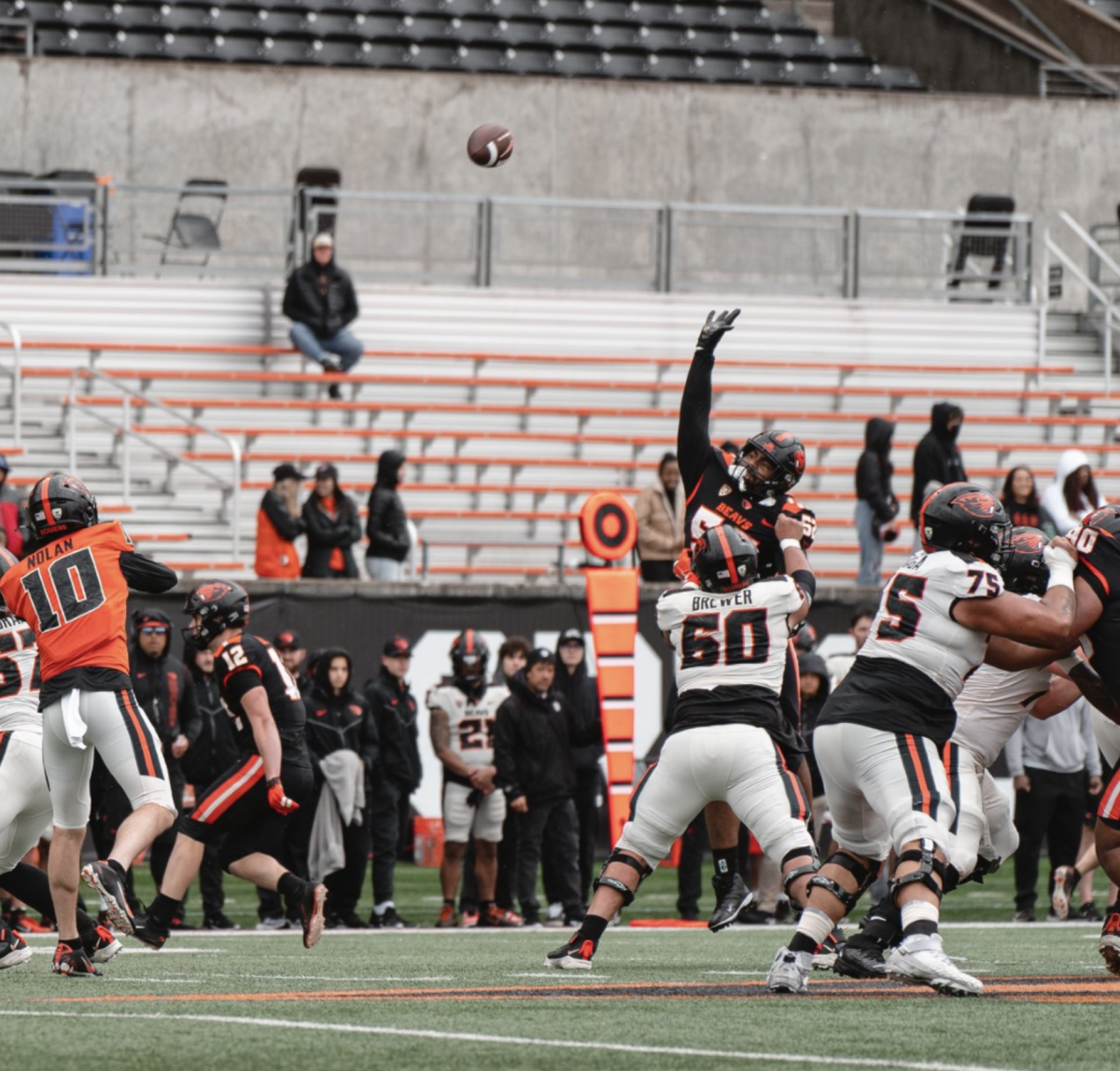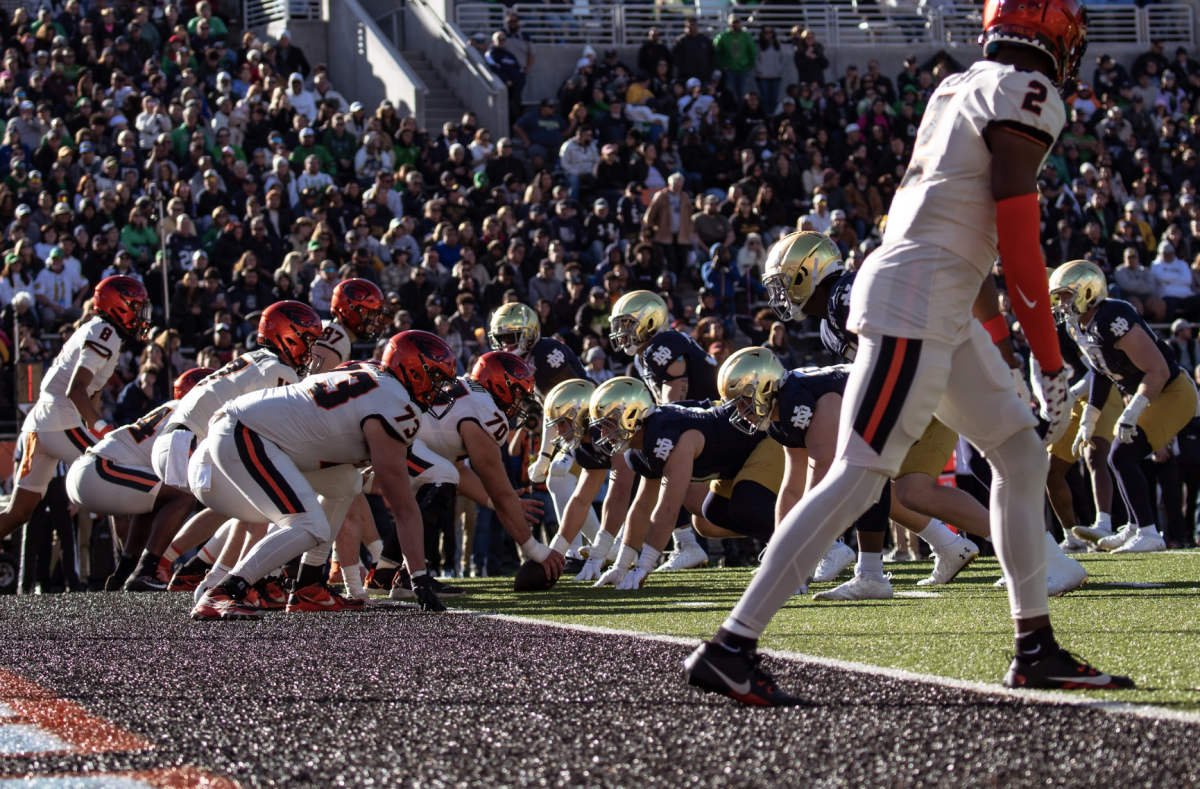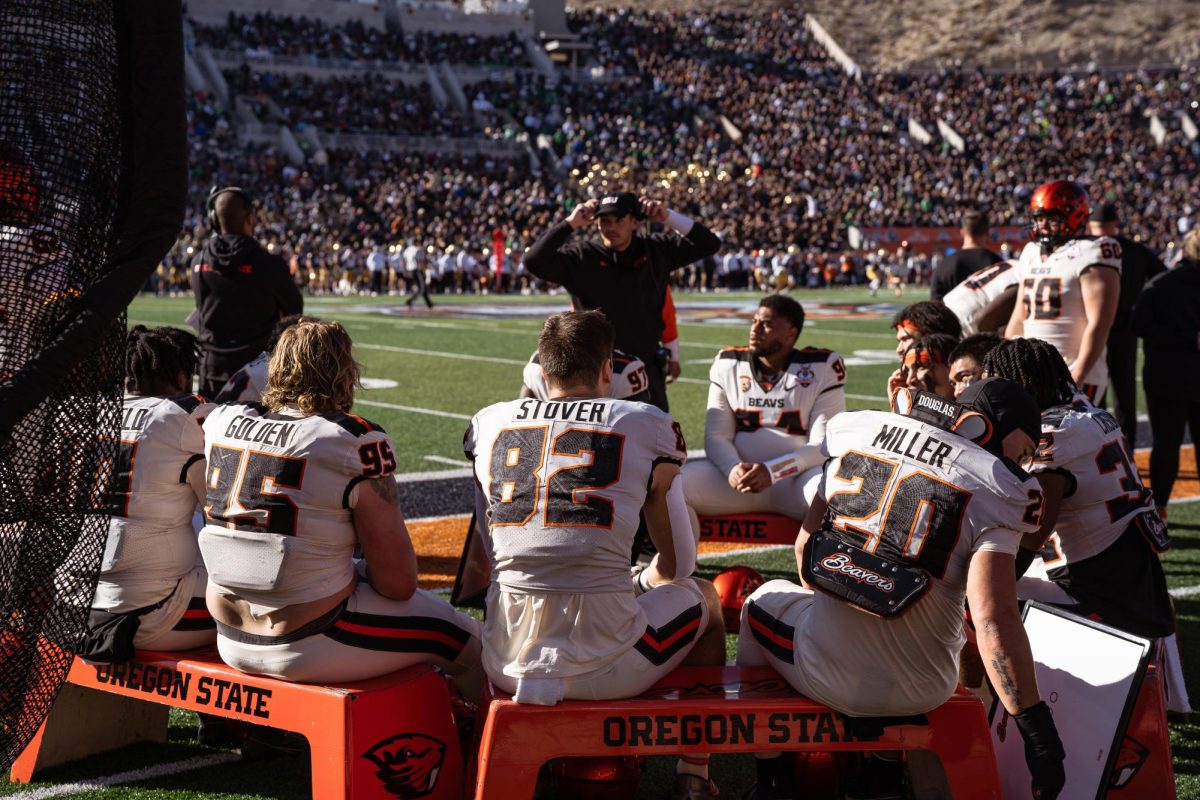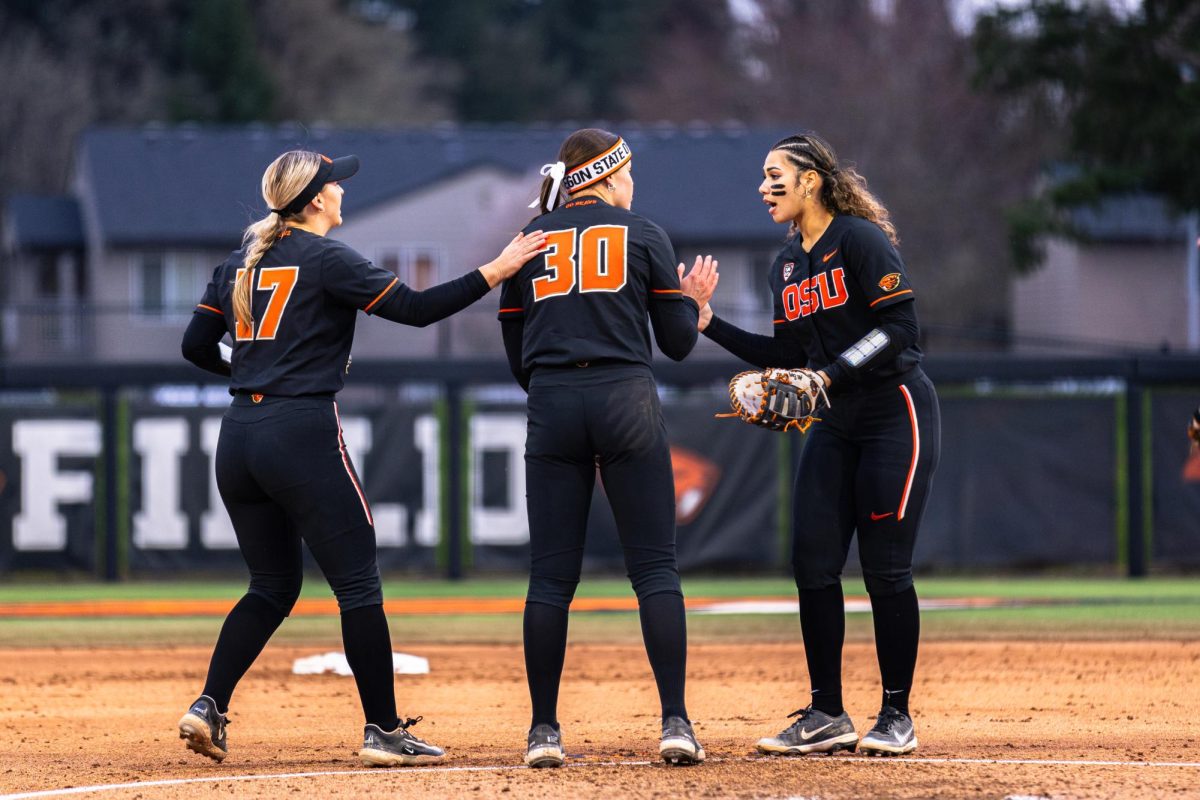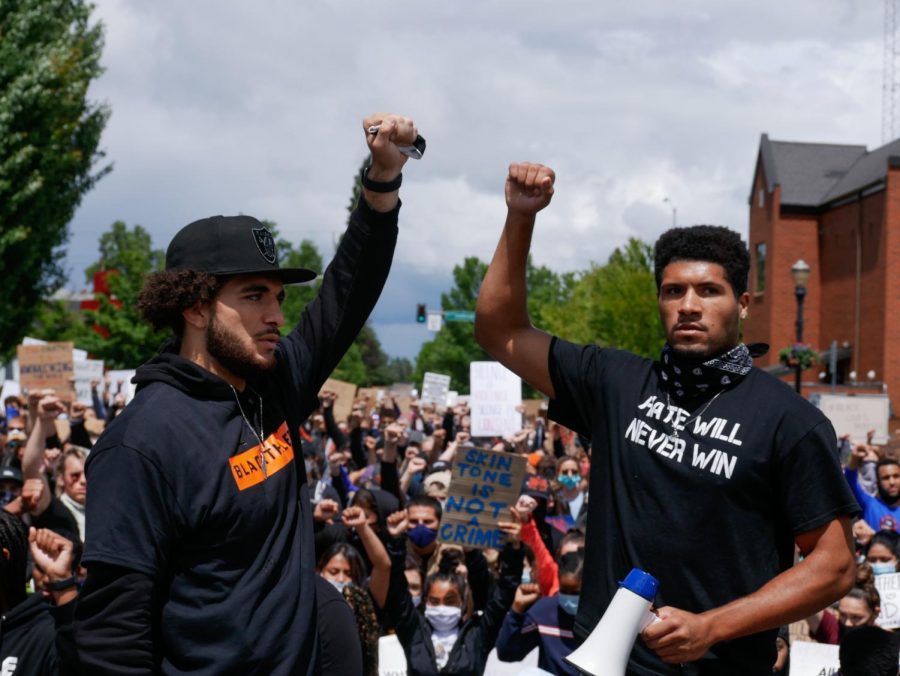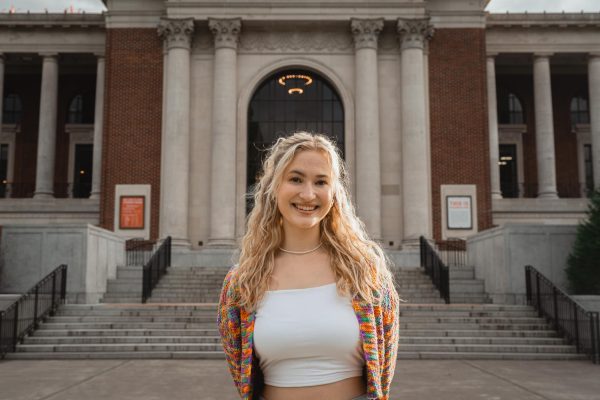Letter to the editor (Jan. 26)
January 27, 2016
To my fellow white students at OSU,
In the small number of words I have here, I can’t say all that I would like. I wish I could hear the story of each one of your lives, because there is so much beauty in each of you. The reality is that I will likely never meet most of you. So I’ve written this letter in an effort to connect with you in some small way. It is so hard to have a conversation about identity when we grow up being told that we are unique individuals, and when we are sheltered from the reality of what it means to be born into systems and structures that we did not take part in creating, but that influence every part of us.
Things are changing on our campus, in our communities, our state, our nation, and our world. Many of us were not given the framework through which we can examine and understand our multiple identities, and especially, our race. Race often isn’t something that’s talked about, and even more so, the historical significance of race in our country is trivialized and misrepresented in many ways.
If you take anything from my words, I hope it’s this: In the midst of racial justice movements, understanding what it means to be white can be ridden with guilt, fear, anger, and confusion; however, if we can take a step back, and realize that these conversations are about systemic issues and not individual people, then I believe that we can move towards equity in a manner that allows for compassion and healing.
In the words of a phenomenal and under-appreciated professor, “Every belief we hold is based on an ideological concept.” We are given mental structures through which we interpret the world. These structures are based in ideologies that separate and disadvantage people across many identities. We are not bad people for being born white. However, we have a responsibility to seek to understand what it means to be white in a society, a nation, a state, a city, and a campus that was built by and for white people.
Diversity training is being implemented across the nation because our citizens are largely ill-equipped to talk about racial injustices. We are given a largely misrepresented, and somewhat false, picture of history. That picture does not include the institutionalization of racist practices, beliefs, and laws, but that does not negate their existence and perpetuation. The biggest mistake that we can make is denying ourselves the chance to be more authentic, and to understand the complexity of our identity.
I said that I wish I could hear each of your stories because I know that you have all experienced pain. I know that each of you have felt targeted, and each of you have been treated unfairly. It is through these stories that I believe we can start to make sense of the systems that influence our lived experiences, and to challenge these systems in order to build a more just and authentic world. I want to leave you with these words, from a wise Twitter user: “No one is saying that your life can’t be hard if you’re white, it’s just not hard because you’re white”.
Jesseanne Pope
Sociology student
Oregon State University



